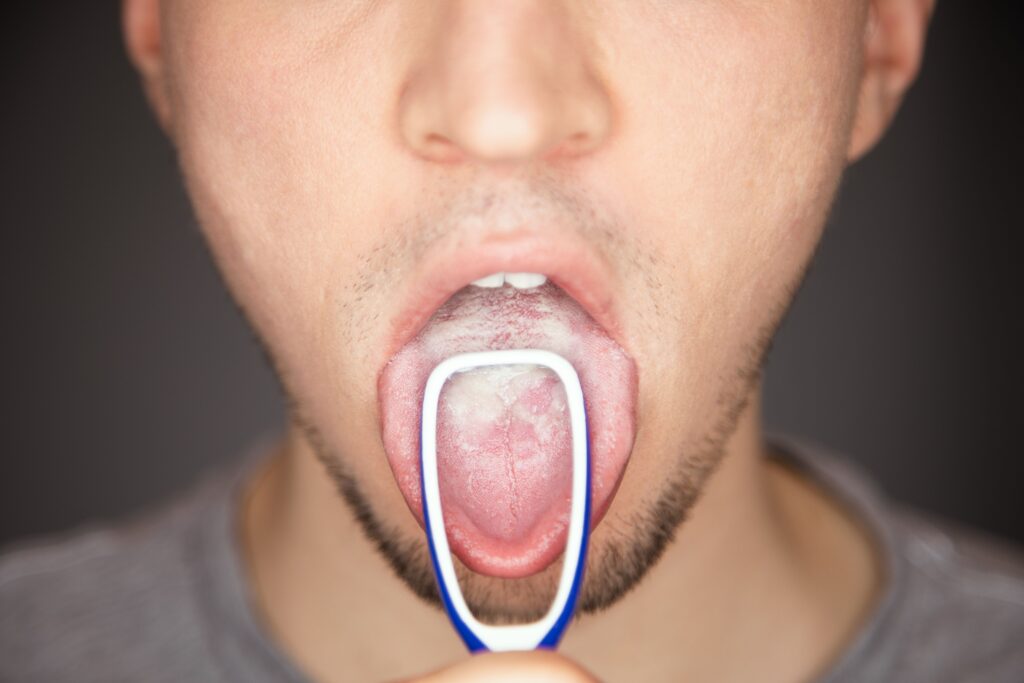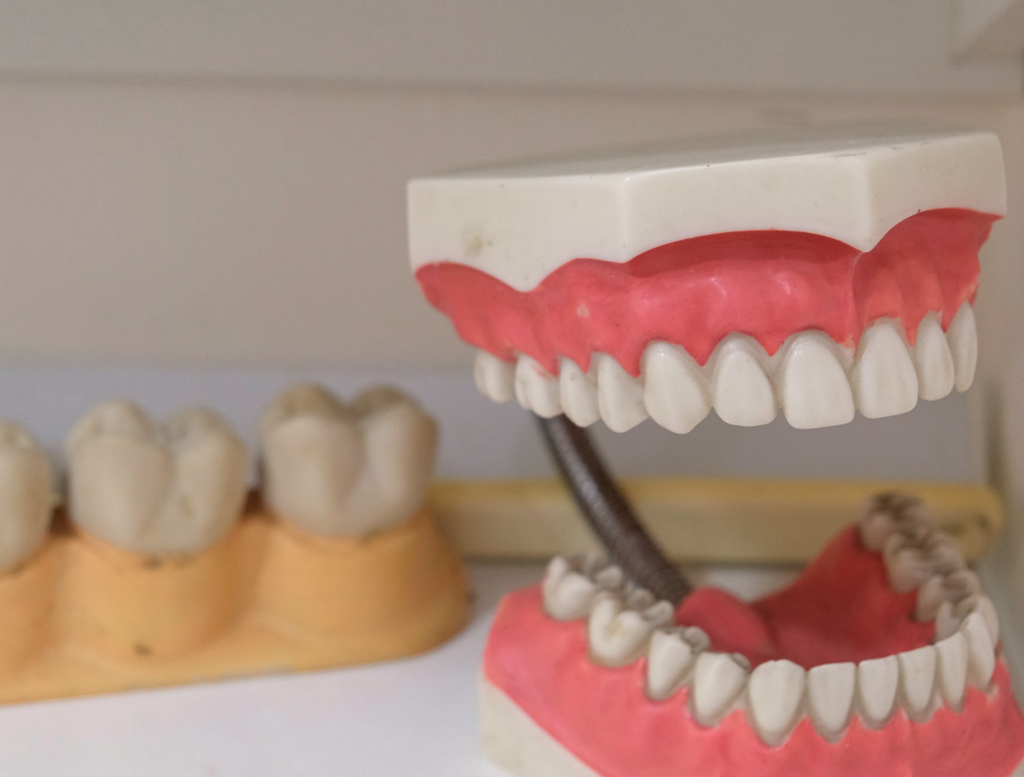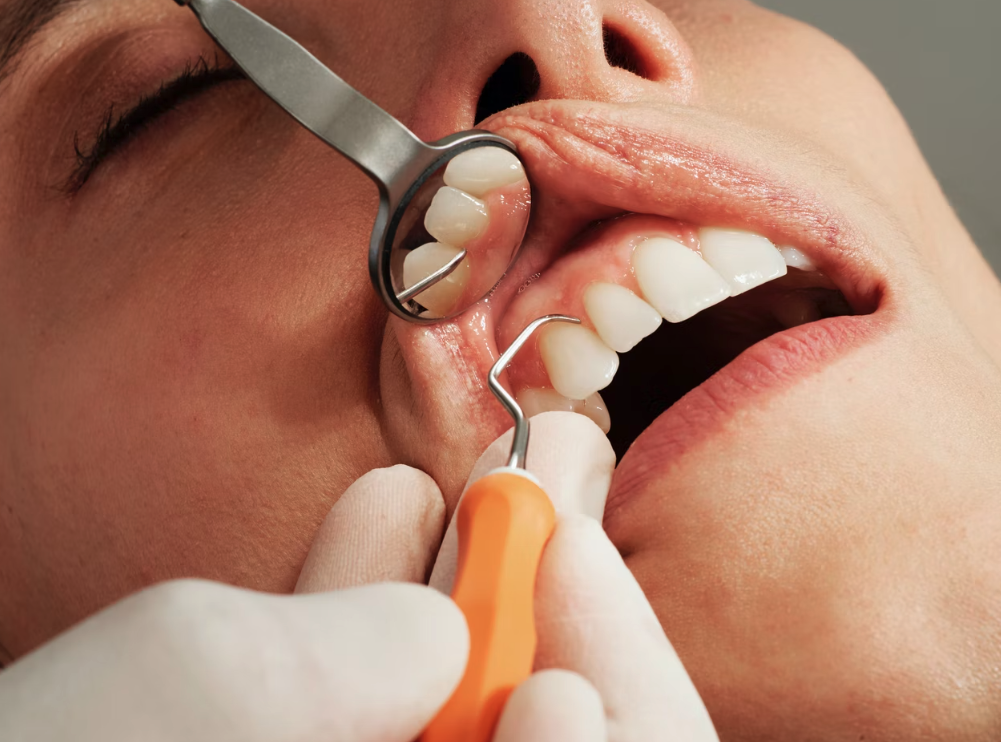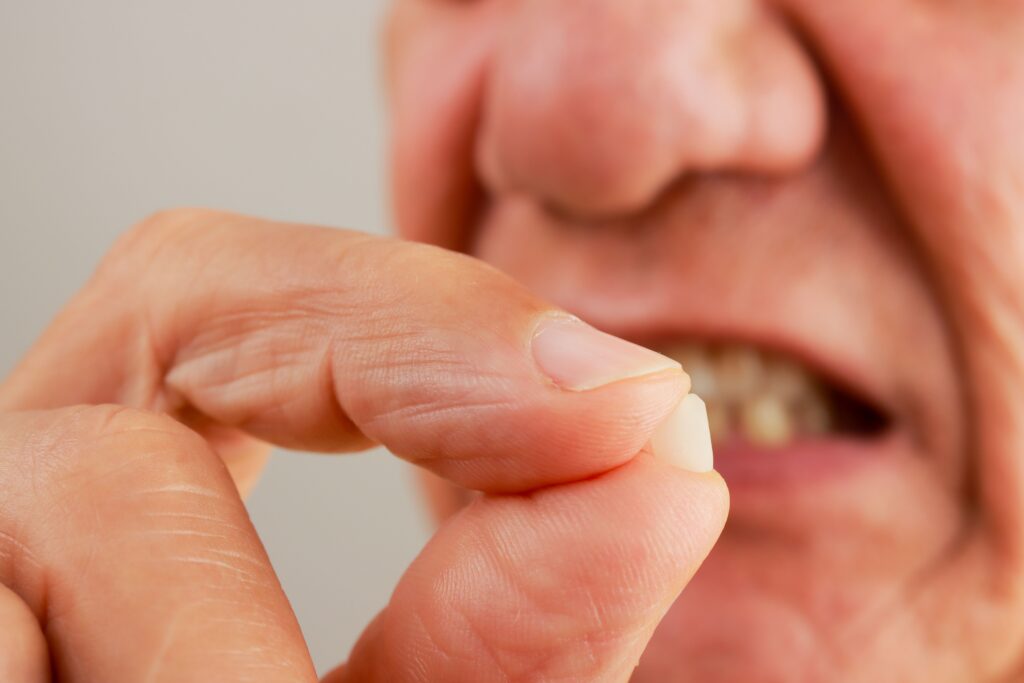Cavities, also known as tooth decay, are a common dental problem. They are caused by bacteria in your mouth that produce acids, which eat away at the tooth enamel. Many people wonder if a cavity can heal on its own. The simple answer is no, a cavity cannot heal itself once it has formed a hole in the tooth. However, early stages of tooth decay, called demineralization, can sometimes be reversed.
Can a Cavity Go Away Naturally?
In the early stages, when the cavity is just starting to form, it is possible to stop the decay process and even reverse it. This is known as remineralization. To help this process, you can:
- Maintain Good Oral Hygiene: Brushing twice a day with fluoride toothpaste and flossing daily can remove plaque and bacteria from your teeth, helping to prevent further decay.
- Use Fluoride: Fluoride is a mineral that helps strengthen tooth enamel and make it more resistant to decay. You can get fluoride from toothpaste, mouthwash, and drinking fluoridated water.
- Eat a Healthy Diet: Avoid sugary and acidic foods and drinks, as they can contribute to tooth decay. Instead, eat foods rich in calcium and phosphorus, which help strengthen teeth.
- Visit the Dentist Regularly: Regular check-ups can help catch cavities early before they become more serious.
Can You Reverse a Cavity with a Hole?

Once a cavity has progressed to the point where there is a hole in the tooth, it cannot be reversed naturally. At this stage, professional dental treatment is necessary to repair the damage. The dentist will remove the decayed portion of the tooth and fill the cavity with a filling material. If the cavity is very large, a crown or other more extensive treatment might be needed.
How Long Can a Cavity Go Untreated For?
Leaving a cavity untreated can lead to more serious dental problems. The time it takes for a cavity to progress can vary, but generally, the longer it is left untreated, the worse it will become. An untreated cavity can lead to:
- Increased Pain and Sensitivity: As the cavity gets larger, it can cause pain, especially when eating or drinking hot, cold, or sweet foods.
- Infection: If the decay reaches the inner layers of the tooth, it can cause an infection or abscess, which can be very painful and may require more extensive treatment, such as a root canal.
- Tooth Loss: In severe cases, the tooth may become so damaged that it cannot be saved and may need to be extracted.
It’s important to treat cavities as soon as possible to avoid these complications.
Can You Fix a Cavity Without a Dentist?
While you can take steps to prevent cavities and stop the early stages of decay, once a cavity has formed a hole in your tooth, it cannot be fixed without professional dental treatment. Dentists use special tools and materials to clean out the decay and fill the cavity, which you cannot do at home.
How Do You Know If a Cavity Is Serious?
There are several signs that a cavity may be serious and require immediate dental attention:
- Pain: If you experience persistent or severe tooth pain, it may be a sign that the cavity has reached the inner layers of the tooth.
- Sensitivity: Increased sensitivity to hot, cold, or sweet foods and drinks can indicate that the cavity is affecting the nerve of the tooth.
- Visible Holes or Dark Spots: If you can see a hole or dark spot on your tooth, it is a sign that the cavity is advanced and needs to be treated.
- Swelling or Abscess: Swelling, pus, or a bump on the gums near the affected tooth can indicate an infection, which is a serious condition that needs prompt treatment.
If you notice any of these signs, it’s important to see a dentist as soon as possible to prevent further damage and complications.
Conclusion
Cavities are a common dental issue, but they can be prevented and treated effectively. While early stages of tooth decay can sometimes be reversed with good oral hygiene, fluoride, and a healthy diet, cavities that have formed holes cannot heal on their own and require professional dental treatment. Ignoring a cavity can lead to more serious problems, including pain, infection, and tooth loss. Regular dental check-ups and prompt treatment are essential to maintaining good oral health and preventing cavities from becoming more serious. Always consult with your dentist if you suspect you have a cavity or if you experience any dental pain or discomfort.








